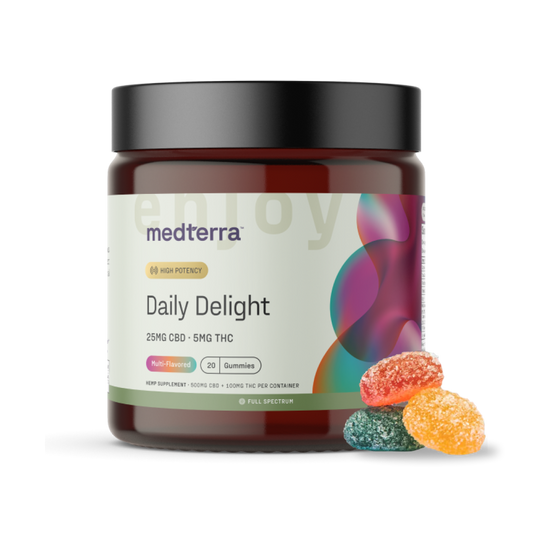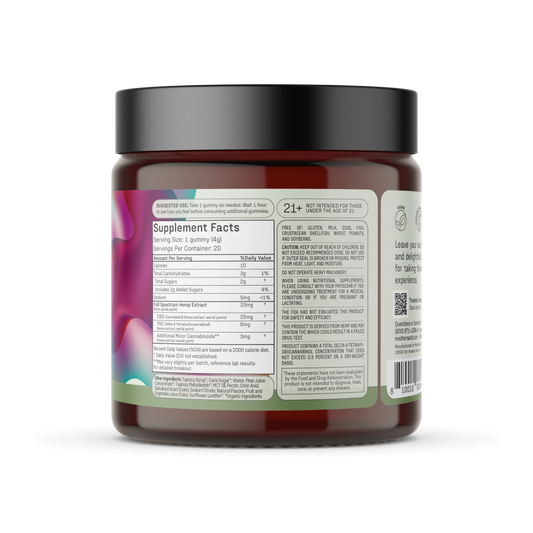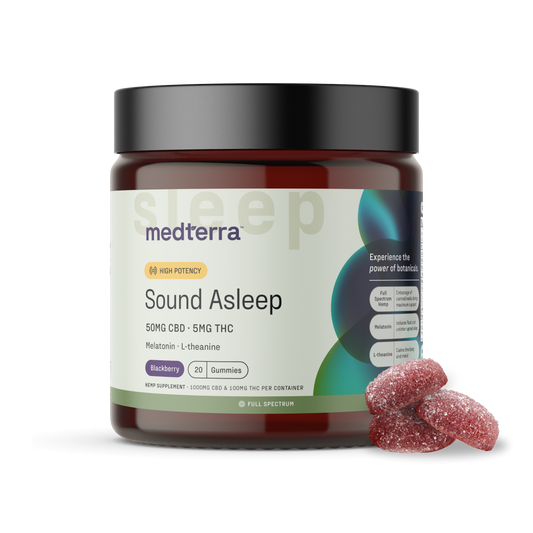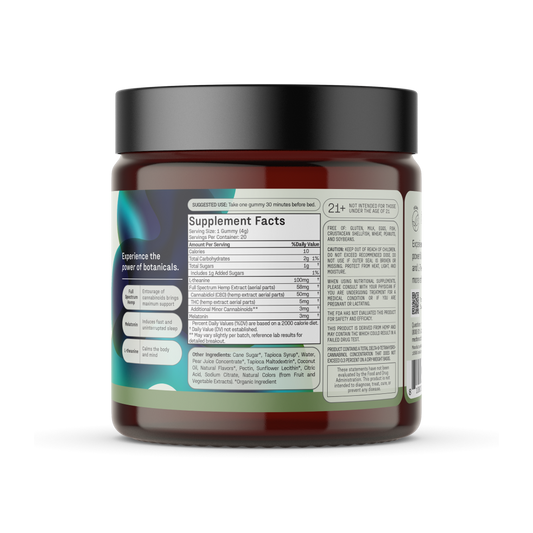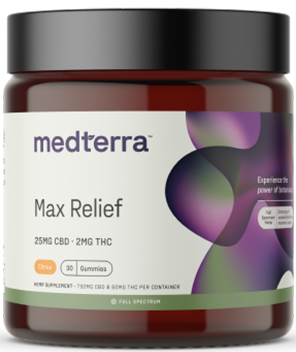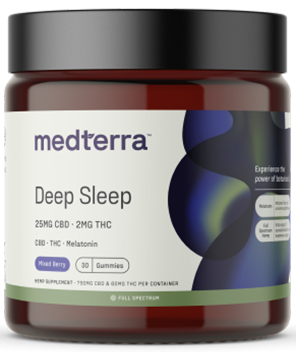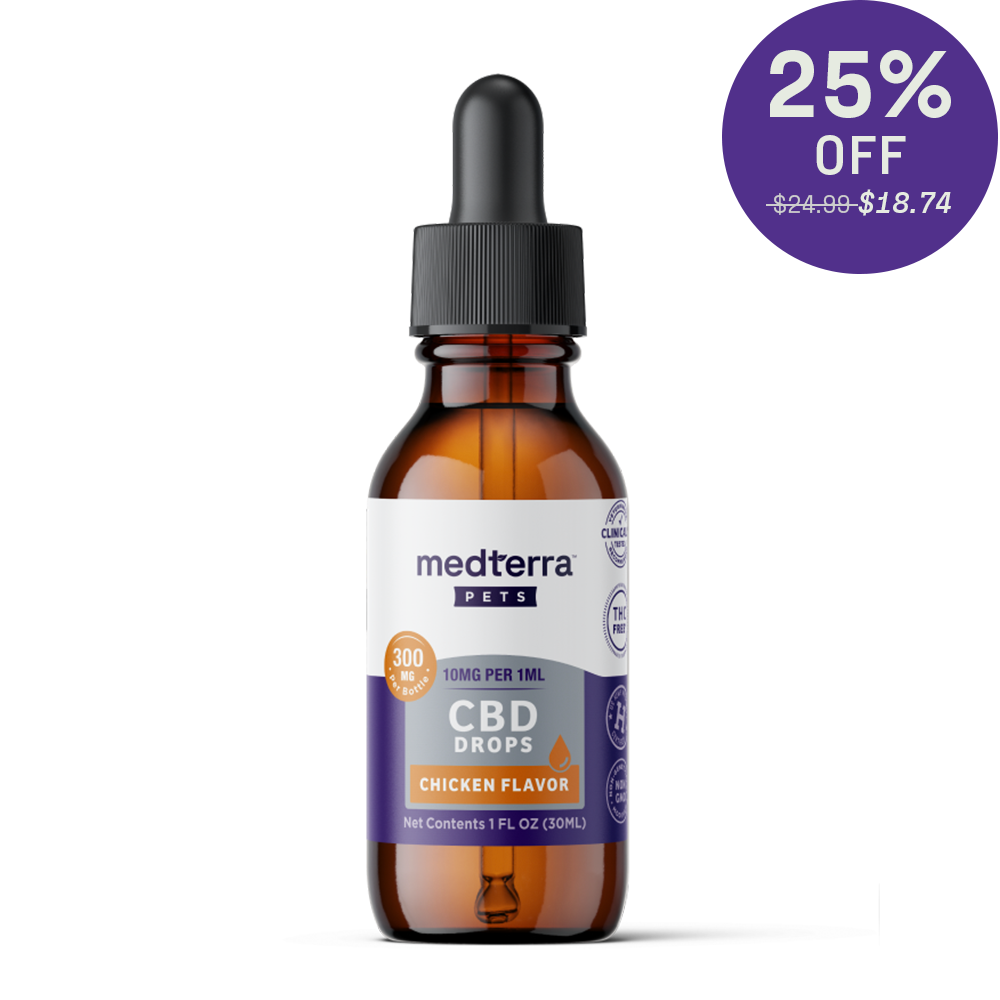Who doesn’t want to age more gracefully? Just think: slowing down the aging process means more energy, less stress, and the freedom to continue living a quality life.
A growing body of research shows that slowing down aging may be doable — especially with the help of nutrients like phosphatidylcholine, vitamin C, and vitamin E. Keep reading to learn how this anti-aging trio could be your greatest ally in your quest for a long, youthful life.
- Is Natural Anti-Aging Even Possible?
- Phosphatidylcholine: A Cellular Support System
- Vitamin C: An Anti-Aging Powerhouse
- Vitamin E: Brain and Skin Support
Is Natural Anti-Aging Even Possible?
For decades now the idea of reversing the aging process has seemed like a pipe dream. After all, time only flows in one direction . . . right?
New research, however, is beginning to demonstrate that it might be possible to do more than just slow down aging. It turns out that many key markers of cellular aging (like alterations in the telomeres that protect your DNA) can indeed be reversed over time. And that means anti-aging may indeed be a possibility! [1]
How? It’s thought that a dual approach involving less cellular stress and more cellular support works best. Below are three natural nutrients that are more than up for the job:
- Phosphatidylcholine
- Vitamin C
- Vitamin E
Taken in tandem these nutrients may promote regeneration at the cellular level and slow down aging from the inside out. Here’s a closer look at the three key ingredients in Healthy Aging.
Phosphatidylcholine: A Cellular Support System
Phosphatidylcholine is a naturally-occurring nutrient found in foods like egg yolks, fish, and nuts. Also known as PC, phosphatidylcholine may:
- Reduce the effects of aging on the body
- Strengthen cell membranes to protect cellular health
- Improve antioxidant status and epigenetic expression
Reduces the effects of aging on the body
Studies show that phosphatidylcholine may improve many of the functional markers associated with aging. Consistent PC consumption may:
- Improve learning
- Promote digestive health
- Support memory formation
- Support clear, quick thinking
- Promote circulatory system health
- Support healthy overall brain function
How does phosphatidylcholine reduce the effects of aging so, well . . . effectively? By supporting the very makeup of your cell membranes. More on how the PC works next.
Strengthen cell membranes to protect cellular health
To understand how phosphatidylcholine works, it’s important to understand what it is: a phospholipid.
Phospholipids are some of the most important lipids when it comes to cell health — they provide vital structure to the outer bilayers of your cells. Feel free to think of phosphatidylcholine as a cellular ‘cushion’ that protects the inside of a cell from its outer environment. Along with phosphatidylethanolamine (PE), phosphatidylcholine is the most abundant phospholipid in the cell membranes of virtually all mammals. [2]
PC also helps facilitate the flow of nutrients into the cell — and the flow of waste products out of it. In doing so it enables various cell processes to occur simultaneously. The end result is enhanced cellular function and reduced cellular aging.
Improve antioxidant status and epigenetic expression
The phospholipid membranes of cells usually change over time as a person grows older. Here’s how one study puts it: [3]
“[...] Crucial roles for membrane lipids in the aging process are beginning to emerge [...] major phospholipid species change with age in different organisms and tissues, and some common patterns of membrane lipid change during aging [may exist].”
Phosphatidylcholine’s status as an antioxidant means it may protect cell membranes from oxidative stress and stave off age-related structural changes. On an even deeper level than that, PC’s ability to support cell membranes may allow it to positively impact your health destiny. You don’t have to be a victim of your genetics anymore!
That might sound like a strong statement, but it’s backed by pretty solid science. While your genetics are definitely important, their relevance is trumped by epigenetics, or the way said genetics are actually expressed.
Can you guess where epigenetic expression is played out? Yep — within the cell membrane. According to cell biologist Druce Lipton, the quality of the cell membrane is what determines the quality of epigenetic expression: [4]
“Through the action of the cell membrane we can actually control our genes, our biology, and our life, and we have been doing it all along although we’ve been laboring under the belief that we are victims of our genes.”
Phosphatidylcholine has a synergistic side, too. In addition to all the benefits mentioned above it may improve the bioavailability of antioxidants like vitamin C and vitamin E!
Vitamin C: An Anti-Aging Powerhouse
Vitamin C is a healthy aging powerhouse with a variety of well-established health benefits. It may:
- Promote collagen generation
- Reduce the appearance of wrinkles
- Support immune system health and healing
- Protect against UV damage
Promotes collagen generation and reduces the appearance of wrinkles
Let’s start off with one of vitamin C’s most obvious anti-aging effects: its ability to promote collagen production, reduce the appearance of wrinkles, and make the skin glow. Consuming more vitamin C is one of the simplest things you can do to promote youthfulness from the inside out.
Studies affirm that vitamin C has visibly anti-aging effects. Some studies show that supplementing with vitamin C may reduce the appearance of wrinkles in as little as 12 weeks, while others suggest that people who consume more vitamin C-rich foods have fewer wrinkles than other groups. (Unlike many other creatures, we humans can’t make our own vitamin C endogenously. We’ve got to either supplement with it or eat it.) [5]
More good news: vitamin C is essential for helping your body produce more of its own collagen. This collagen provides a literal framework for your body’s structural and hydration needs. That could mean everything from improved mobility to stronger hair and younger-looking skin.
Supports immune system health and healing
Vitamin C may also keep your immune system firing on all cylinders. It’s one of the most important micronutrients of all for immunity.
Much of this immune support comes from vitamin C’s ability to fight free radicals. By reducing your oxidative stress, it effectively frees the immune system up for more specialized activities.
These positive shifts lead to tangible health benefits. Studies show that supplementing with vitamin C may: [6]
- Improve antibody production
- Support scavenging immune cells
- Improve overall innate immune function
Protects against UV damage
In addition to countering oxidative stress, vitamin C may protect your skin from yet another potential irritant: excess UV light.
We all know that sunlight can be good for you — it increases mood, vitamin D production, and immunity. Yet too much sun can all too-easily damage your skin, creating wrinkles and fine lines that can be hard to get rid of.
That’s where vitamin C comes in. Science shows us that ultraviolet light and vitamin C have an inverse relationship: UV light exposure ‘drains’ the skin’s vitamin C content, while adding C back into the equation can limit UV damage. [7] Supplementing with vitamin C may allow your skin to stay fresh and dewy even when it’s subjected to too many rays.
Vitamin E: Brain and Skin Support
Vitamin E is right up there with vitamin C when it comes to comprehensive immune support. This vitamin may:
- Protect cells from free radicals
- Help prevent age-related cognitive decline
Protects cells from free radicals
Vitamin E is a fat-soluble compound that’s surprisingly difficult to get enough of solely from food.
As one of your body’s most preferred antioxidants, Vitamin E becomes especially important with age. Its antioxidant potential means it’s able to protect the brain from cellular threats, including oxidized free radicals and environmental pollutants.
Like vitamin C, vitamin E’s internal benefits can leave an outward glow on your skin. You might find that consuming more vitamin E leaves your skin hydrated, moisturized, and soft.
Helps prevent age-related cognitive decline
Vitamin E consumption may set you up for all sorts of cognitive benefits, too. Research shows a clear association between vitamin E deficiency and cognitive decline. One JAMA-published study found that people who consumed adequate vitamin E enjoyed a 70% reduced chance of developing certain cognitive issues. It’s thought that vitamin E can protect the brain from the type of lipid peroxidation that might otherwise occur over time. [8]
Summing Things Up
If you want to help your body ward off the signs and symptoms of aging, we’ve got good news: so does nature.
If you’re ready to experience what anti-aging is all about, give Healthy Aging a try! This wellness booster is vegan, non-GMO, and powered by organic ingredients. We think you’ll find that turning back the hands of time is possible after all . . .



